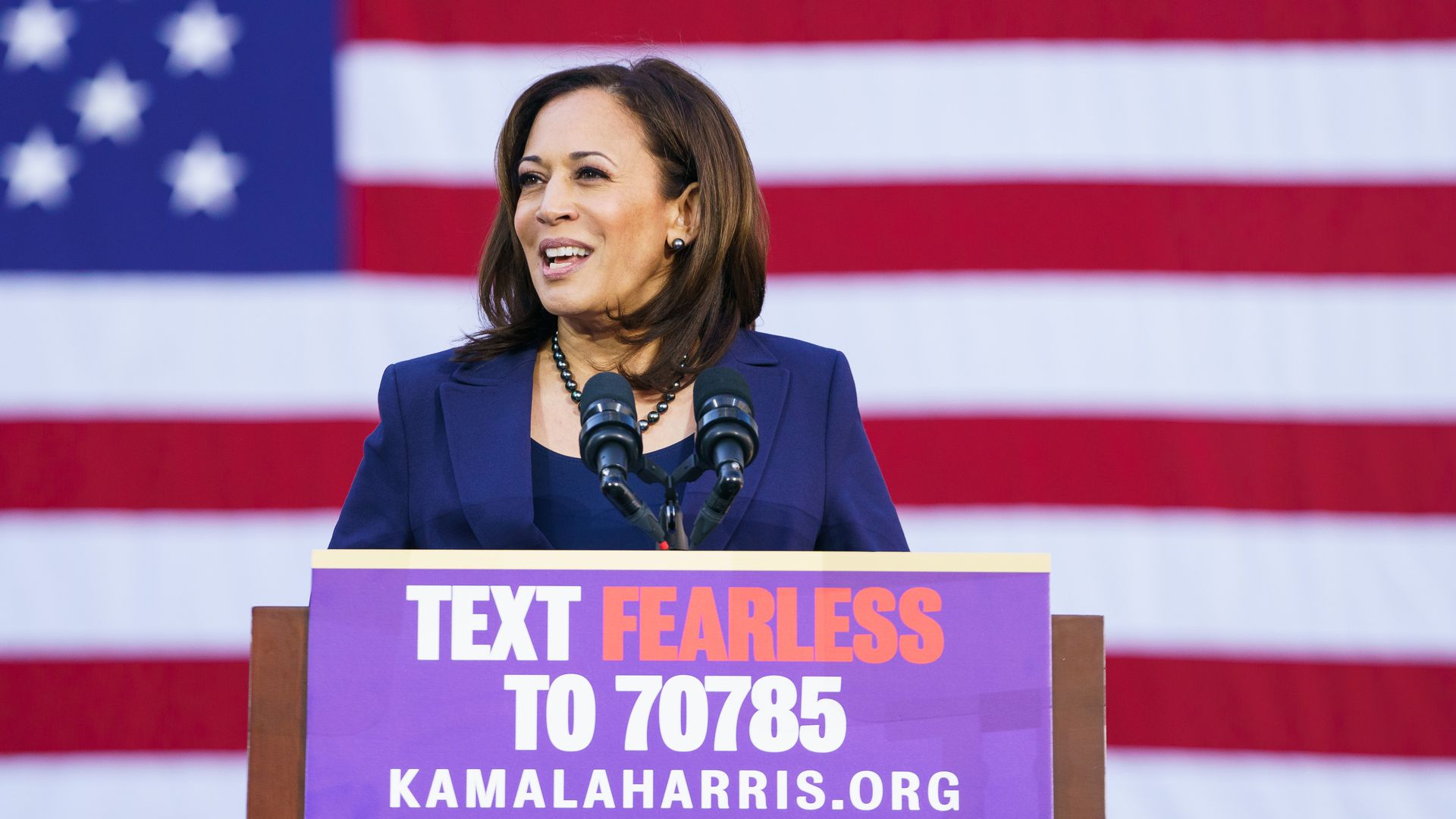United States Senator Chris Murphy used a report which is released early 2019 titled “Madness Inc: How Everyone is Getting Rich Off College Sports – Except the Players” to draw out National Collegiate Athletic Association (NCAA) about the right compensation for student-athletes.
The second file of report “Madness Inc.” was released on Monday by Murphy. It pointed out how limiting the college athletics programs for its students because it keeps them on the field to play which causes the restriction to learn education.
In the video, Murphy highlighted:
“To me, this is a civil rights issue.”
“To me, this is an issue of fairness.”
He added that student-athletes didn’t receive the right education that they suppose to get:
“The NCAA’s defense for why they don’t compensate students while all of the adults are getting rich is that the scholarship is good enough compensation.”
With that said, Murphy can see the reason why behind it:
“When you are spending much of your time traveling all over the country promoting the brand of your schools, doesn’t leave much time left for schoolwork.”
The issue was further discussed by the higher education officials and upholders. From a non-profit institution, National College Players Association (NCPA) president Ramogi Huma said:
“I played in three games before I even saw a classroom as a true freshman.”
Huma personally experienced the daily grind that student-athletes go through. He stated that reformation is necessary to stop disparaging learning and start to value the long term revenue.
One solution that came up during the panel discussion was to authorize athletes to play sport full-time while attending classes on the side.
“That might mean scaling back some academics during the season, or extending the scholarships years after the eligibility is complete.”
One of the panelists, Mary Willingham, said that student-athletes will have to endure and wait until the issue has been settled.
“As long as we connect academic eligibility to athletic eligibility, there’s going to be fraud.”
The talk emphasized that it is the schools’ duty and NCAA’s priority to make the full education applicable and accessible for student-athletes.







